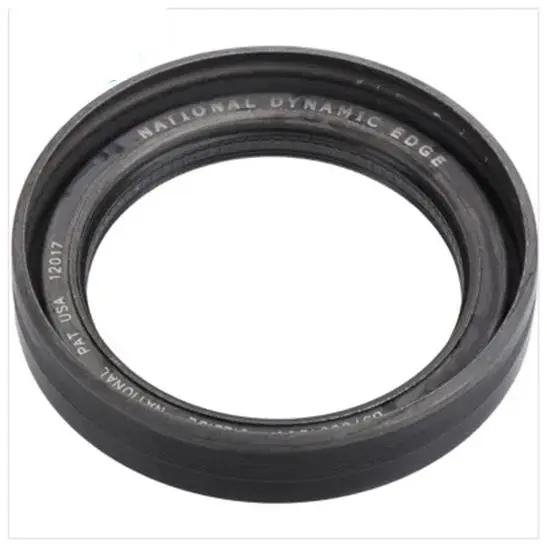18
2025
-
05
Understanding Automotive Oil Seals: Essential Components for Engine Performance
Automotive oil seals, also known as oil seals or shaft seals, are essential components found in various parts of an engine. Their primary function is to prevent the leakage of lubricants and fluids, such as oil and coolant, which are vital for the smooth operation of engine parts. By ensuring a tight seal around rotating shafts, these seals help maintain the necessary lubrication levels, thus preventing wear and tear on critical engine components.

One of the key benefits of automotive oil seals is their ability to enhance the overall efficiency of the engine. When oil leaks occur, not only can it lead to reduced lubrication, but it can also result in increased friction and wear on moving parts. This can lead to costly repairs and reduced engine performance. Therefore, understanding the role of oil seals in your vehicle's engine system is crucial for any automotive professional or enthusiast.
In terms of types, automotive oil seals can be categorized based on their design and application. Common types include lip seals, radial seal designs, and axial seals. Lip seals are typically used to seal the clearance between the shaft and housing, while radial seals are designed to accommodate radial loads and prevent leakage from the sides. Axial seals, on the other hand, are commonly used in applications that involve axial loads. Each type is tailored to specific needs and environments, making it essential to select the right seal for the intended application.
When it comes to maintenance, automotive oil seals require regular inspection to ensure they are functioning correctly. Signs of a failing oil seal may include oil spots on the driveway or engine compartment, unusual engine noises, or a decrease in engine performance. Addressing these issues promptly can help prevent further damage and extend the life of the engine. It is also advisable to consult with a qualified technician when replacing oil seals to ensure proper installation and compatibility with the engine system.
In conclusion, automotive oil seals are vital components that contribute significantly to the effectiveness and reliability of an engine. By understanding their function and maintaining them regularly, automotive professionals can help their clients avoid costly repairs and enhance overall vehicle performance. Investing time and resources in proper seal maintenance can lead to a more efficient and durable engine, ultimately benefiting both the vehicle owner and the automotive service provider.
More News


